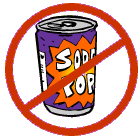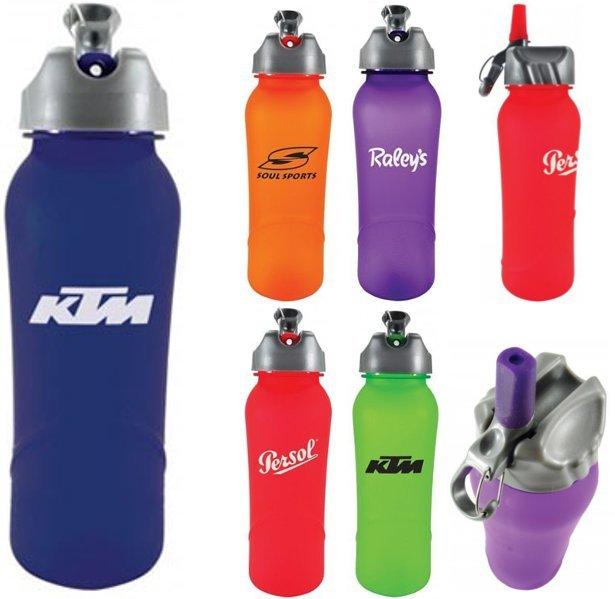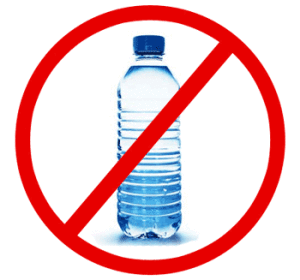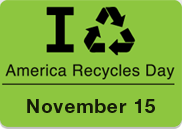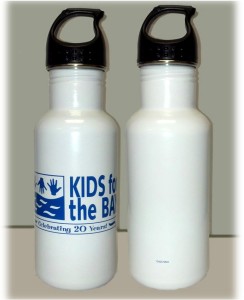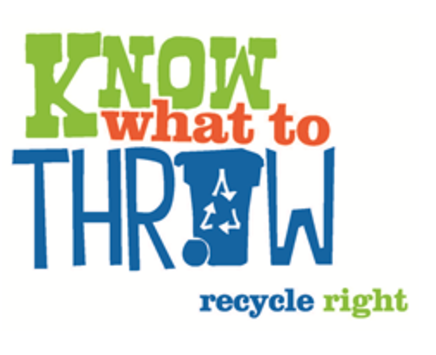 You may have seen recent blogs discussing our different bottle materials. Time and again, we refer to a Tritan water bottle as a quality alternative to an aluminum, glass, or other BPA-free plastic bottle. Does it seem like we just love Tritan? Well…we do! Here’s why the recipients of your water bottle project will too.
You may have seen recent blogs discussing our different bottle materials. Time and again, we refer to a Tritan water bottle as a quality alternative to an aluminum, glass, or other BPA-free plastic bottle. Does it seem like we just love Tritan? Well…we do! Here’s why the recipients of your water bottle project will too.
1. Dishwasher safe. BOOM. Really, do you need any other reason? For longevity of the imprint on the bottle, we do suggest hand-washing your water bottles in warm soapy water. But, a Tritan water bottle is very happy on the top shelf of your dishwasher, next to your glass water bottles. No other material should ever be washed in this manner. But all water bottles should be washed in SOME manner. Because gross. Continue reading

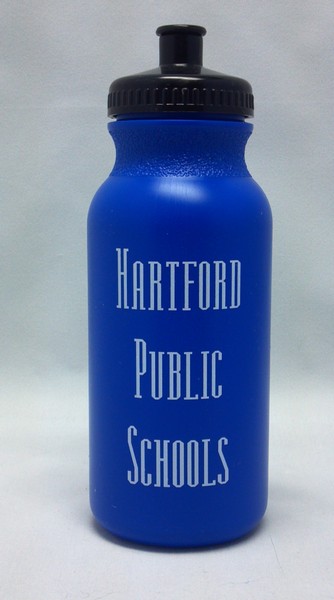 Kids are heading back to school, but summer’s still in full swing!
Kids are heading back to school, but summer’s still in full swing! 